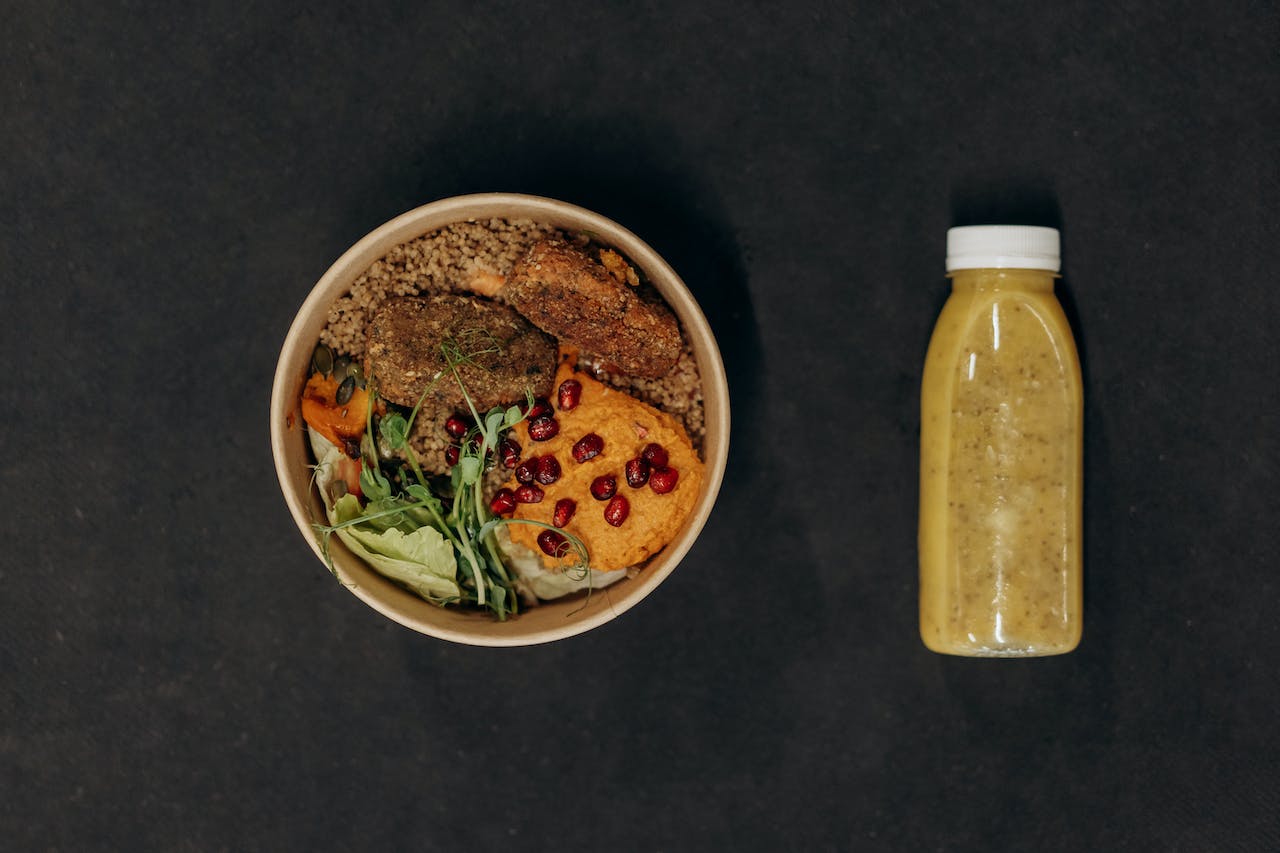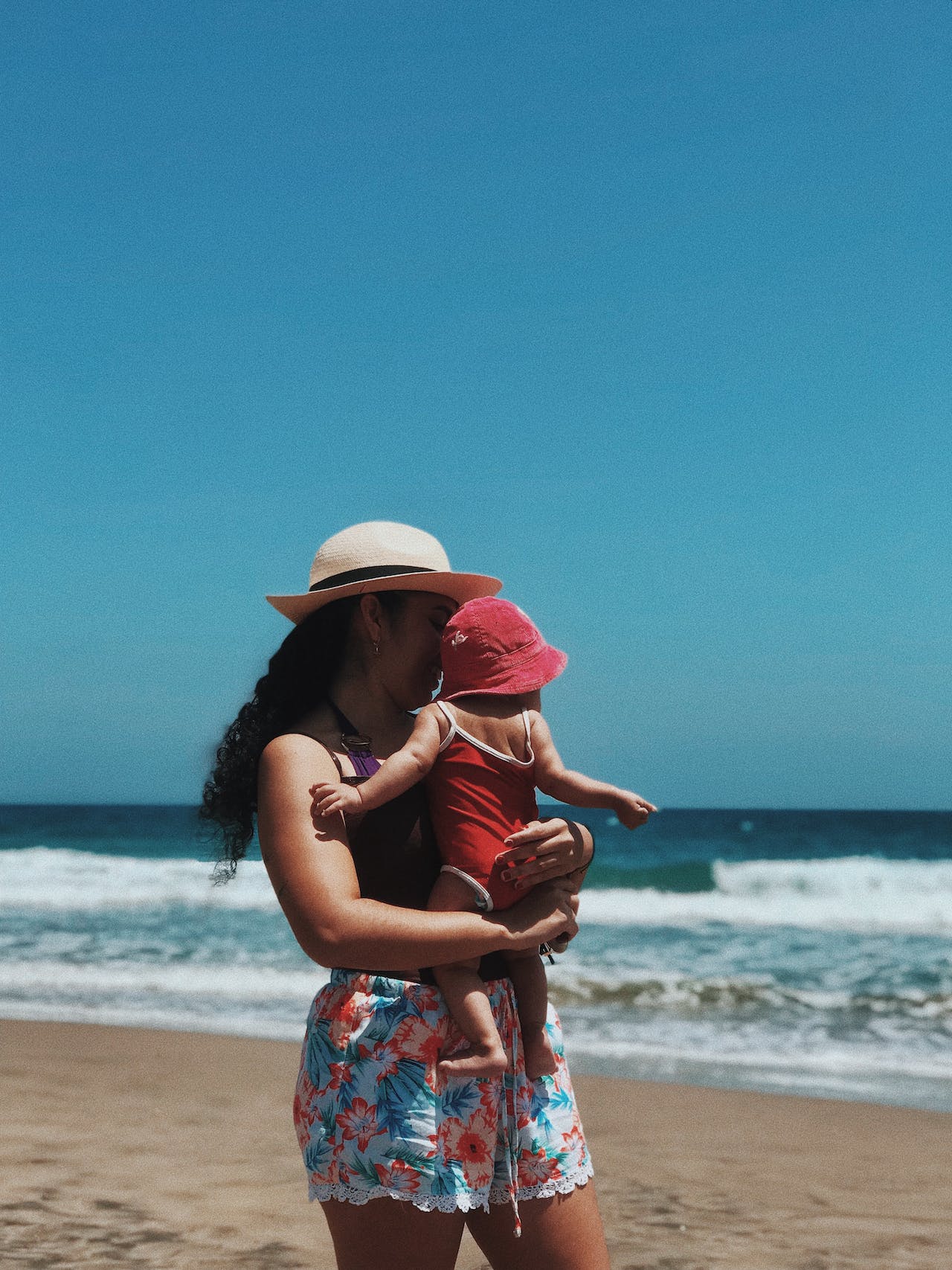
What should I eat while breastfeeding
This is a very common question when a mother is breastfeeding her baby. Your body needs the necessary nutrients for good development, and to do so you must follow a healthy and balanced diet that positively influences your breast milk production. It is important to emphasize that we should not become obsessed with following extreme diets, since weight loss implies a decrease in milk production. The amount of calories that a breastfeeding woman should eat is almost the same as a non-breastfeeding woman, so eating more will not make you have more milk, although the variety of nutrients you eat will alter the quality of that milk. . You should not follow a specific diet, although there are recommendations regarding certain foods to eat while breastfeeding.
Recommended foods to eat while breastfeeding
- Cereals and brown rice. It will provide the calories necessary to produce milk.
- Egg . Strengthen your bones and help develop your baby's bones thanks to the vitamin D it contains.
- Blue fish : Ideal for the evolution of your baby's nervous system and to prevent postpartum depression as it will help you have a better mood.
- Green vegetables such as spinach, chard and broccoli: They provide calcium, iron and vitamins A and C.
- Oranges : They are a great source of vitamin C like other types of citrus fruits, although they can have a laxative effect if consumed in excess.
- Dairy . If you are not lactose intolerant, you can get calcium and phosphorus through milk, cheese, and yogurt.
- Iodine supplements
- Water : You will have to drink the recommended two liters a day. Breastfeeding usually produces thirst, especially at the beginning of breastfeeding, so at each feeding you can have a glass of water nearby to eliminate the feeling of dryness. You can also drink teas and infusions without theine, vegetable broths and vegetable drinks such as almond or soy milk.
As you can see, during breastfeeding we must be as respectful as possible with the nutrients we ingest. And although it is not true that there are prohibited foods, there are foods that do not benefit your baby too much and that is why we should avoid their consumption as much as possible.
Non-beneficial foods
- Alcohol : This passes into breast milk in a few minutes and has been shown to be harmful to the development of the baby's brain. The Breastfeeding Committee of the Spanish Pediatric Association advises not drinking alcohol during the first three months of breastfeeding and, once that has passed, you can drink very small amounts, keeping them as far away from feedings as possible.
- Sugar , candy, salty snacks, or sugary soft drinks. They can worsen the baby's health and cause excess stimulation.
- Onion, leek, asparagus, garlic, artichoke, citrus, blue cheese and cauliflower . These types of foods can alter and change the flavor of the milk and cause the baby to refuse to drink it, although if they are part of your usual diet, they will get used to them and there will be no problem. Only if you take them very occasionally can you notice that your baby rejects food that day.
- Cabbages, legumes, peas, beans, chickpeas, broccoli : It is advisable to be careful with them because they generate flatulence and make the baby's digestion difficult, causing gas and colic due to their immature digestive system. However, you should not eliminate them completely from your diet since they are very nutritious.
- Coffee : The baby metabolizes caffeine very slowly and if the mother consumes a large amount, it will accumulate in the child's body. Caffeine appears in breast milk within an hour of ingestion, and this can cause symptoms such as insomnia, nervousness and irritability in the baby.
- Spicy : Pepper or other spicy food makes babies more likely to suffer from colic. Although on the other hand, consumed in moderation, it can make the baby get used to them, as happens in some countries where these foods are very present.


